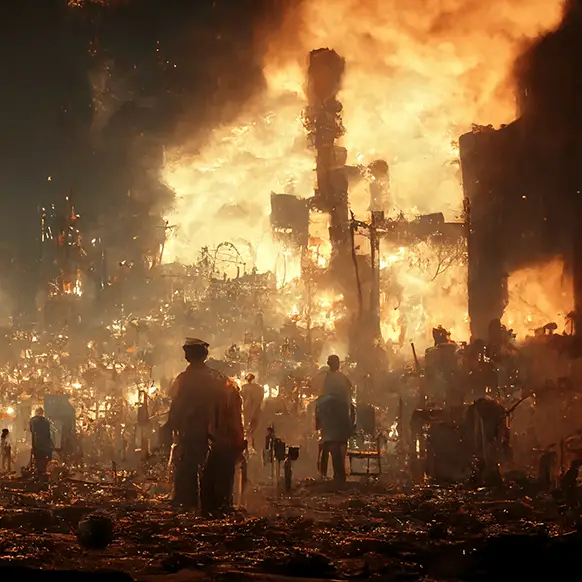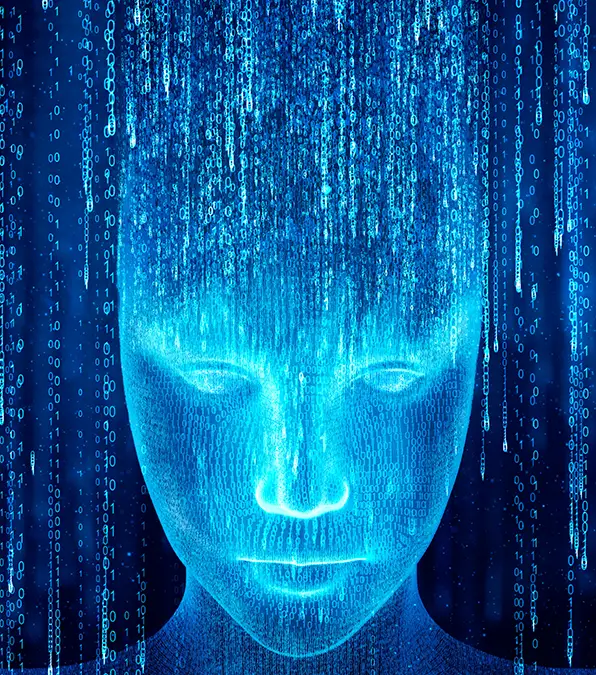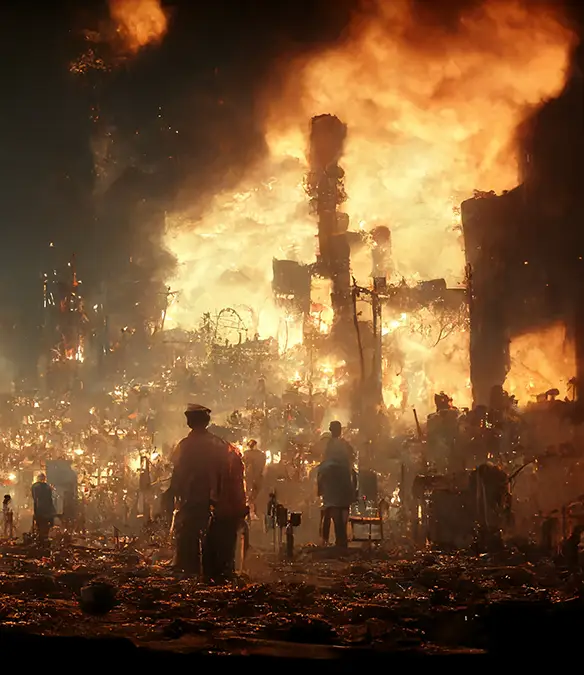
There's no short of uncertainty when it comes to what the future will look like with AI continuing to become smarter and more competent.
On the bright side, recent studies discovered that AI is still more expensive than human labour across multiple occupations.
Now, one of the largest surveys of its kind to date aimed to give us a clearer picture of what lies ahead - and if there's a timeframe humans will potentially become extinct.
2,778 AI researchers - who have recently published work at six of the top AI conferences - gave their opinions on what they believe the timeline looks like for future 'AI advancements and milestones', along with any possible pros and cons of such.
Advert
To be honest, the results are a little frightening at first glance.

The scientists predict there’s a 50% chance AI will outperform humans in the next 20 years or so.
More specifically, over half of the scientists (58%) believe that there is a 5% chance of human extinction or other catastrophic outcomes from AI.
Paper co-author Katja Grace, of the Machine Intelligence Research Institute in Berkeley, California, explained: 'It’s an important signal that most AI researchers don’t find it strongly implausible that advanced AI destroys humanity.
'I think this general belief in a non-minuscule risk is much more telling than the exact percentage risk.'
Additionally, the researchers foresee a 50% chance of AI replacing human capabilities across all tasks by 2047, along with a 50% likelihood of complete automation of all human jobs by 2116.
Although, there are some differences in terms of task complexity.
Respondents foresee that AI has a 50% or higher likelihood of accomplishing specific tasks within the next decade. These tasks include creating songs to the standard of popular artists, or coding a payment processing site from scratch.

Meanwhile, more intricate tasks such as installing electrical wiring or solving mathematical mysteries are expected to take longer, though still with the possibility of being within our lifetime.
What's even more interesting, is that the survey shows AI will hit certain milestones sooner than predicted when compared to the same survey conducted in 2022.
It's not the most uplifting news, but Émile Torres of Cleveland’s Case Western Reserve University told the outlet that these 'kinds of surveys don't have a good track record' in predicting AI achievements. So, there's no immediate worry of a Terminator scenario happening in the near future.
Furthermore, despite researching AI, the authors of the study admitted to not being experts in AI forecasting.
'A lot of these breakthroughs are pretty unpredictable. And it’s entirely possible that the field of AI goes through another winter,' Torres added.